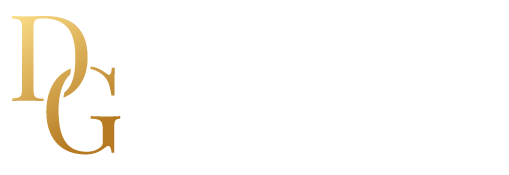How is Corona beer handling false connection to coronavirus?
CLEVELAND, Ohio - The connection between Corona beer and coronavirus appears to be about as closely related as 'sand' is to 'sandwich.'
But the social buzz has been brewing since the results of 5W Public Relations' poll saying 38% of beer drinkers would not buy the low-alcohol lager "under any circumstances" because of the virus outbreak.
The Atlantic calls the poll 'dubious'. Talk-show host Jimmy Fallon weighed in during a monologue last week, saying, "The other 62 percent said 'Relax, that’s what the lime is for. It sterilizes the beer.' " And Corona beer sales have not dropped sharply, debunking site snopes.com says.
Deb Gabor, a marketing expert who has written two best-selling books on branding, said she always tells people "to be skeptical of polling."
"The reason organizations do polls is because they are looking for these really exciting sort of inflammatory data points," said Gabor, an Ohio native and chief executive officer of Texas-based Sol Marketing, a brand-strategy consultancy company.
“This is a really unfortunate thing to have happen for Corona beer. If we’re able to peel back the layers of the onion from this poll and see the real data what we would see is the 38 percent number is 38 percent of Americans who wouldn’t drink Corona beer under any circumstance.”
Constellation Brands, Corona's parent company, is not a client of Gabor's.
"All that said, this is devastating to the Corona brand especially in light of the fact that they are in the midst of the launch of their new flavored seltzer brand. … It's a really, really bad time to have a name association with something in the news and on the tips of everybody's tongue in a negative way."
Gabor commended the way the company has handled the crisis, saying "This is sort of like textbook. … I would consider this to be a disaster even though the brand is not the direct cause. Perception is reality. All of a sudden people are talking about this in a way that doesn’t shed positive light on a brand."
Constellation's statement, she said, clarifies the company has not seen any impact on people or their operations, but are using the opportunity "to reinforce what the brand does stand for." (We reached out for comment from Constellation Brands but have not heard back.)
"They did show regards for humanity, which is really, really important in situations like this," she said. And Constellation has "done a good job distancing themselves from the data."
She likened the current brand-connection problem to Ayds, an appetite-suppression candy in the 1970s and 1980s.
"That brand all but died during the AIDS crisis in the '80s," she said. "It’s the power of association. It's very reflective of an always-on media news cycle."
The other prominent crisis case surrounds Tylenol.
In 1982 seven people in Greater Chicago died from taking Tylenol that had been found to be laced with cyanide. And while managing a crisis then is different from now, how parent company Johnson & Johnson handled the fallout has become a textbook example of corporate-crisis management.
Johnson & Johnson "didn't put cyanide in Tylenol capsules, but they took full responsibility for it," Gabor said. "They were wholly accountable, they were transparent, they were open, they showed regard for humanity, they communicated in a very open and honest way."
In recent years, Gabor said, Blue Bell Ice Cream also dealt well with a listeria outbreak by immediately closing the plant, clearing shelves, and taking out a loan to pay employees during the closure. The company weathered the storm and is showing signs of growth.
Nowadays, response has to happen "more rapidly" because of how fast news flies through social-media circles. Johnson & Johnson was dealing with a crisis when news was moving at a "glacier-like pace," Gabor said.
"With social media, news is breaking in two or three seconds," she said. "The entire tone of a story can change."
She added: "The best brands are ones that are being prepared. This is not a crisis Corona created. … I always explain to people if you haven't faced a crisis, you will."
Gabor could not overstate preparation on the part of companies.
"Who knows what the next pandemic-ish virus is going to be? It can be named after your food product. You need to be prepared."
Several media outlets, including CNN Business and Bloomberg, have cited Constellation Brands in recent days, saying "Corona Extra sales grew 5% in the United States in the four-weeks that ended February 16."
